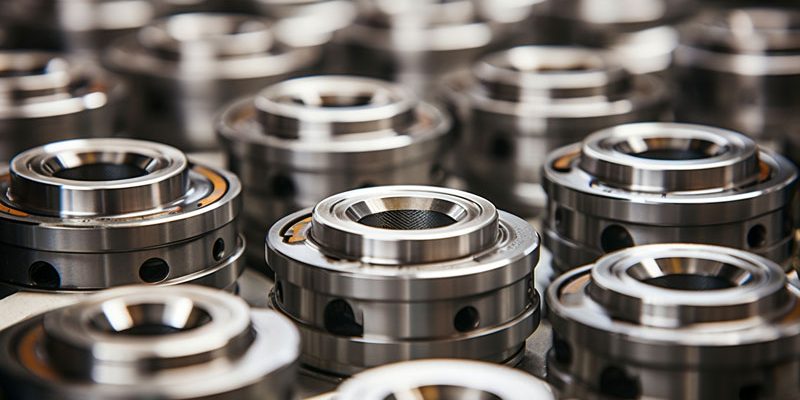The Importance of the Machining Industry
The machining industry plays a crucial role in modern manufacturing, forming the backbone of production for a wide range of industries, including aerospace, automotive, medical, and electronics. Machining refers to the process of using machines to shape and remove material from a workpiece to create specific dimensions, surfaces, and forms. Over the years, it has evolved into a high-precision field, driving innovations in product design and manufacturing efficiency.
1. Precision Manufacturing
Machining allows for the creation of highly precise components that meet tight tolerances and specifications. This is especially important in industries such as aerospace and medical equipment, where even the smallest deviation can result in failure or safety hazards. With advanced machining techniques like CNC (Computer Numerical Control) machining, the industry can achieve unparalleled accuracy, ensuring the reliability of critical components.
2. Versatility Across Industries
The versatility of machining allows it to serve a wide variety of industries. From the production of engine parts for vehicles to the crafting of intricate components for electronics, machining is essential in almost every sector. Its adaptability makes it possible to work with a wide range of materials, including metals, plastics, and composites, opening doors for diverse applications in product development.
3. Key to Technological Advancement
Machining is central to technological innovation. As industries demand increasingly complex and functional products, machining techniques evolve to meet these challenges. From the development of lighter yet stronger materials in the aerospace sector to the miniaturization of components in the electronics field, machining enables these technological breakthroughs by allowing precise and custom manufacturing.
4. Economic Contribution
The machining industry significantly contributes to the global economy. It supports not only the production of goods but also creates jobs, from machinists to engineers, and drives investments in new technology. It serves as a critical link in the supply chain, making it a vital component of both local and international economies.
5. Sustainability and Efficiency
In recent years, the machining industry has embraced sustainability practices, reducing waste and improving energy efficiency. With the rise of computer-aided manufacturing and green technologies, machining processes have become more eco-friendly, helping industries meet sustainability goals while maintaining production efficiency.
Conclusion
The machining industry is essential for the creation of high-precision, reliable, and advanced components used across multiple industries. As technology continues to evolve, machining will remain a vital part of the manufacturing ecosystem, ensuring continued innovation and progress. With its versatility, economic impact, and ability to drive technological advancement, machining is more important than ever in shaping the future of manufacturing.

